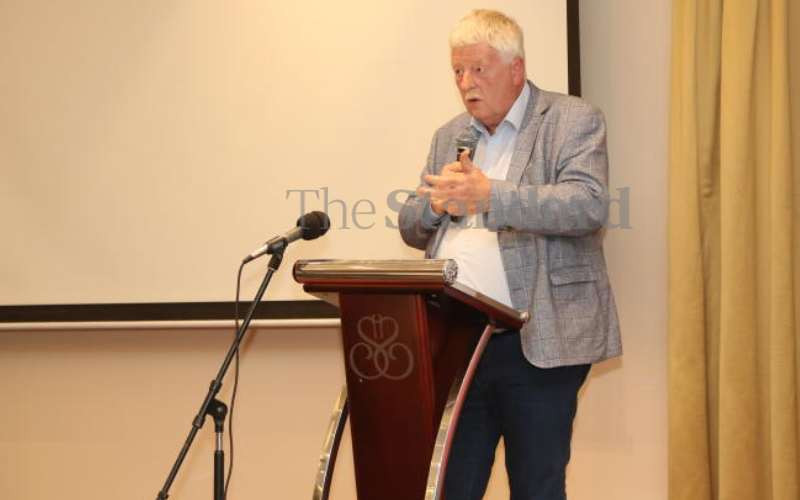×
The Standard e-Paper
Home To Bold Columnists

The Covid-19 crisis has taught us that today's health challenges are increasingly international, multidimensional and complex.
Amongst other things, climate change, air quality, urbanisation, mobility, population growth and humanitarian crises are key factors behind global health challenges. As these factors play out in sometimes different and sometimes comparable impacts in all countries, international collaboration is called for.